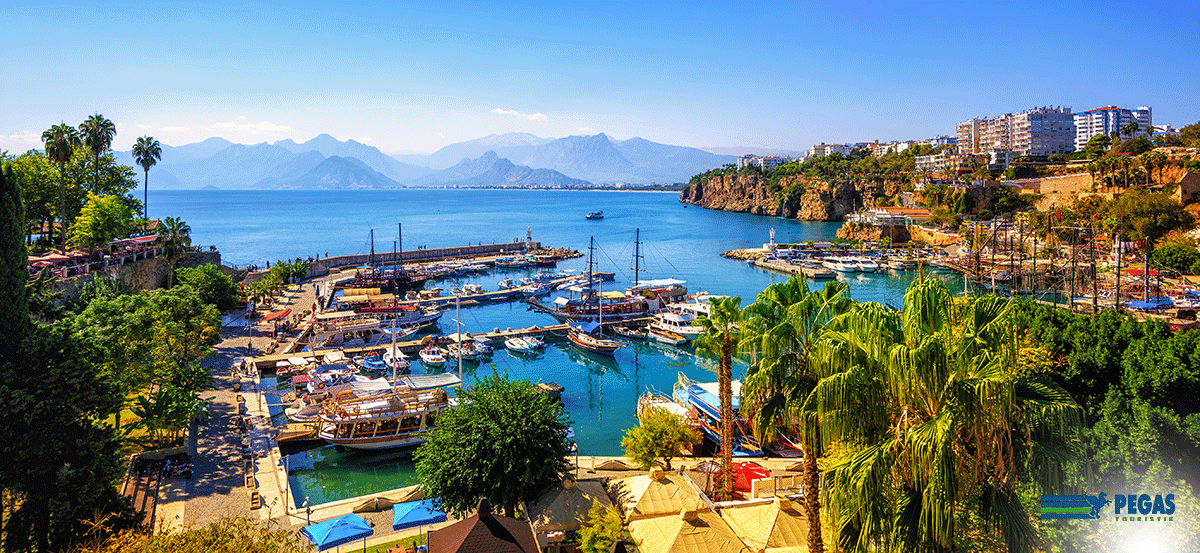Culture & People
Steeped in a rich and prolific cultural history, Jordan exudes creativity and innovation. Since its mystical ancient roots to today’s vibrant contemporary scene, Jordan nurtures a thriving cultural expression with unique musical, theatrical, gastronomic and artistic characteristics which shape and distinguish the destination.
Jordan’s social and cultural structures have long been influenced by the geographical features of countries location just to the North West of the Arabian Desert. The first Jordanian’s were tribes of nomadic Bedouin sheep herders who roamed the desert in search of water and shade. Many of their cultural practices – from the clothing and accessories, to the social rituals – emerged from a need to survive in the harsh conditions of the desert.
Many of the cultural characteristics which are present in modern day Jordan – such as the genuine hospitality, generosity and genealogical awareness – stem from this Bedouin lifestyle. Today some Jordanian men and Bedouin still wear the traditional Dish Dasheh robes and Hatta scarf tied with a black E‘gaal rope, while women can be seen wearing the traditional Abayas.
Art has been an important part of Jordanian culture throughout its long and colourful history. The Roman Byzantines left behind their detailed mosaics, while the Caliphate conquests encouraged Islamic art in the forms of geometric patterns and calligraphy. Bedouin art can be seen in the dak tattooing tradition and intricate embroidery.
Jordanian cuisine is intrinsically linked to the internationally renowned Levantine cuisine of the region, but with its own unique twists. The speciality of the country is Mansaf – a celebratory Bedouin derived meal of lamb cooked in preserved yogurt and served on a huge platter with rice and roasted pine-nuts. Normally prepared for special occasions, Mansaf is eaten with the hands straight from the platter in keeping with the Jordanian tradition of sharing.
In modern Jordan there is a new culture emerging, the culture of forward thinking, development, entrepreneurialism and growth. However the country and its people fiercely preserve and protect their traditions and heritage so it remains intact for future generations.

